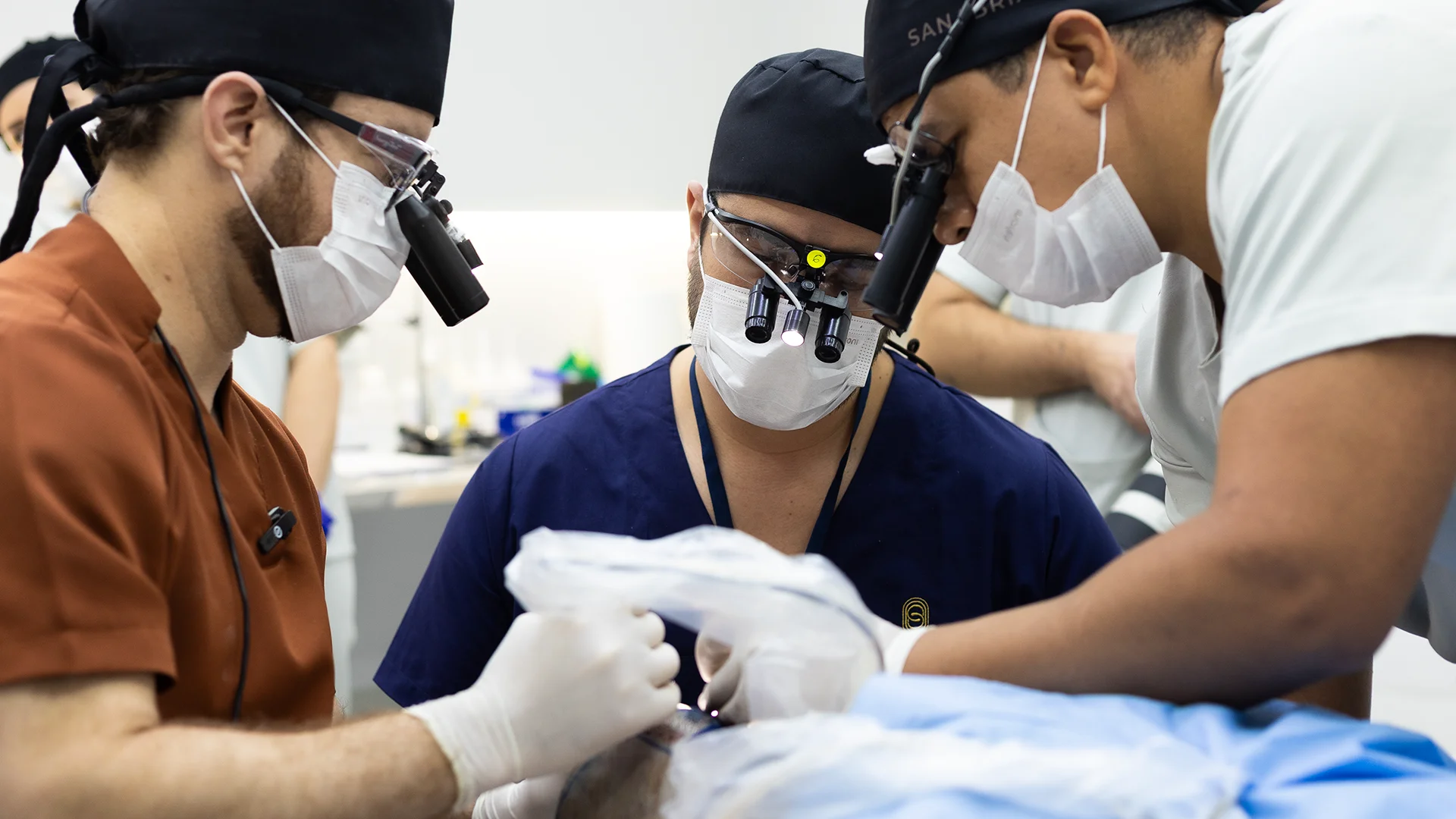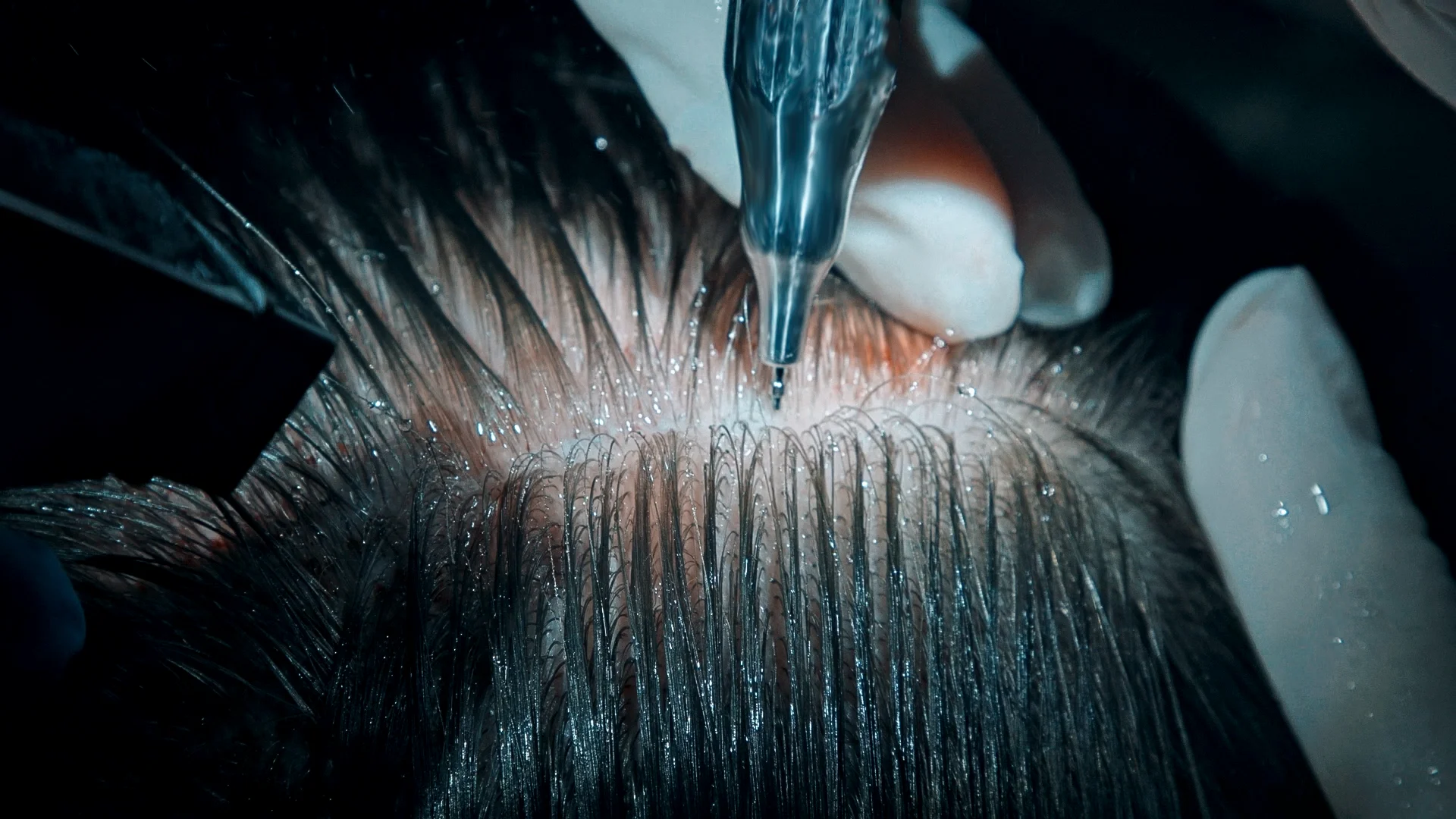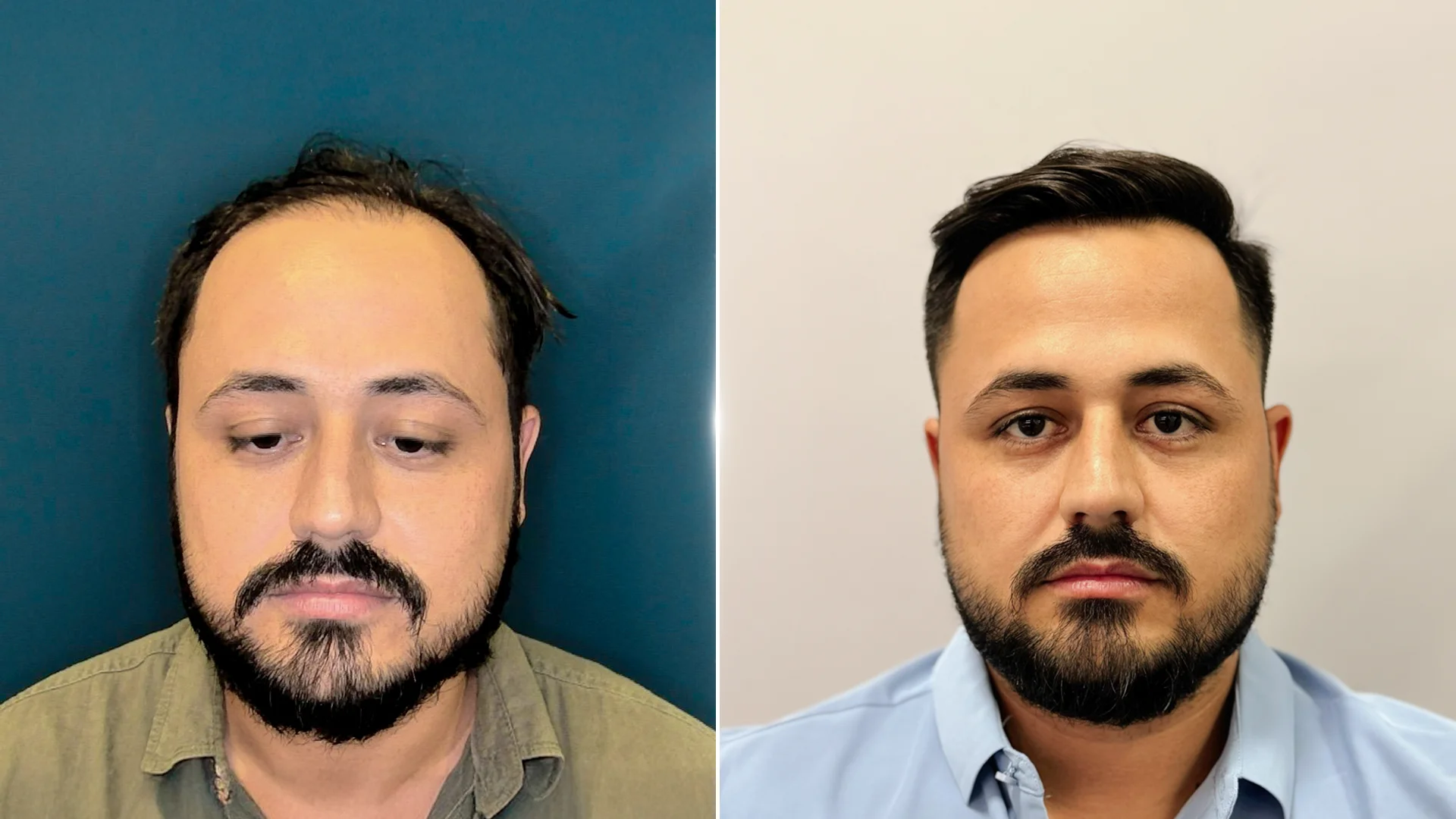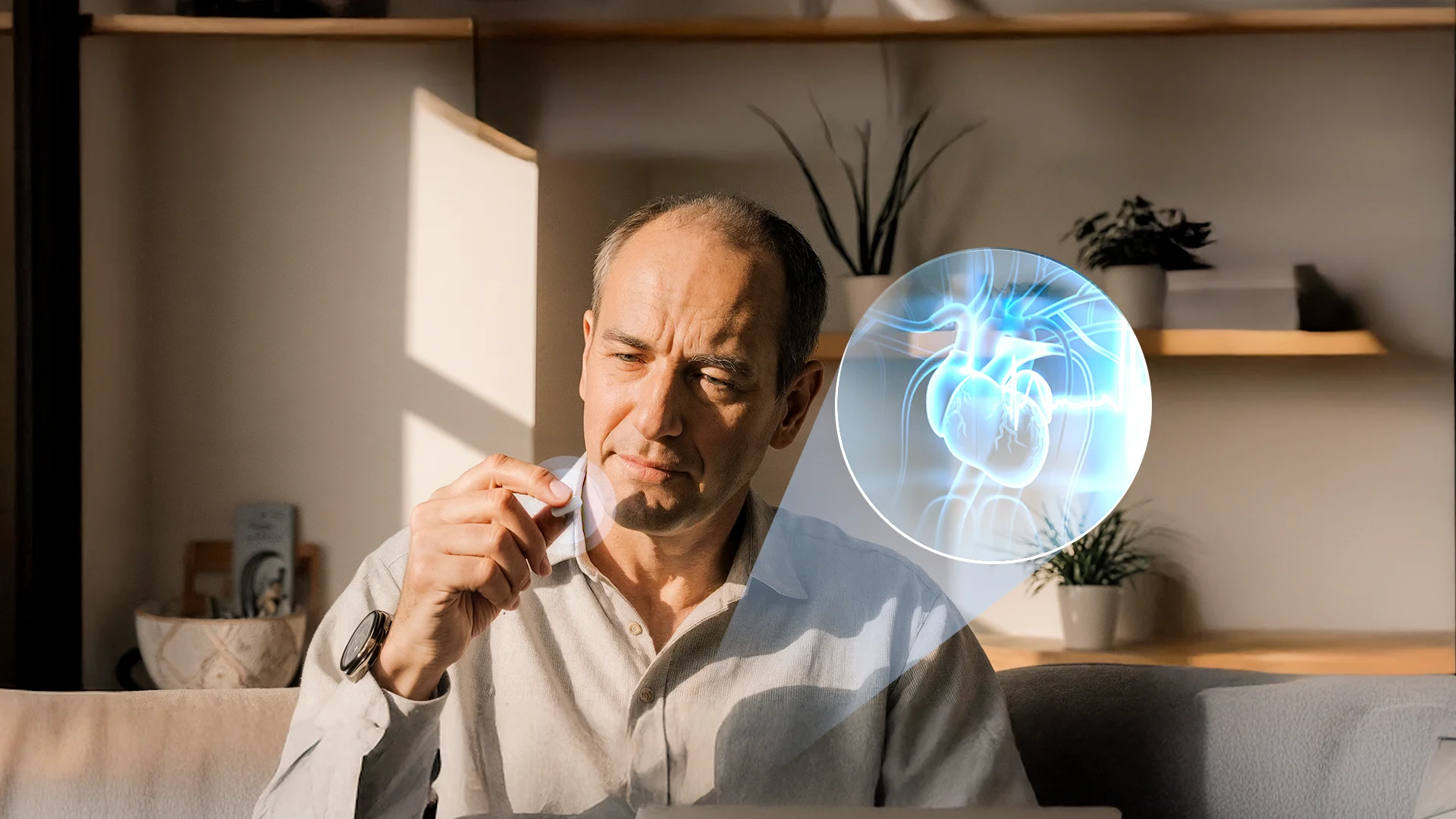Is Hair Transplant Safe After 60?
For many people over 60, a hair transplant feels like a second chance at looking and feeling their best. But one common question looms large: is it safe? Let’s unpack the facts and medical considerations around getting a hair transplant later in life.
Research Shows Safe Results for Older Adults
Chronological age by itself is not a barrier to hair transplantation. According to the International Society of Hair Restoration Surgery (ISHRS), patients in their 50s, 60s, and even 70s can achieve excellent results, assuming proper medical evaluation and realistic expectations are in place.
Many cosmetic surgical studies across various procedures have found that adults over 65 do not experience more serious complications than younger patients when operations are performed by qualified, board-certified surgeons. While these findings are not limited to hair transplant specifically, they underscore the principle that overall health, rather than age alone, determines surgical safety.
Being over 60 doesn’t automatically disqualify you from having a hair transplant. In fact, many patients in their 60s and 70s have successful procedures every year. What matters most is your overall health, the quality of your donor area, and whether your goals are realistic.
A good candidate at 65 could be healthier than a poor candidate at 40. Age is only one factor in a broader medical assessment.
What Makes a Safe Candidate After 60?
For older adults, safety hinges on thorough screening, including:
- Mandatory cardiologist screening
- Alternate diagnostics like angiotomography when stress testing isn’t possible
- Light, safe sedation protocols tailored to the patient
- Close, continuous recovery monitoring both in-person and remote
These measures help uncover and manage any underlying conditions—such as hypertension or arrhythmias—before surgery begins. Clinics that perform high-volume procedures typically adopt rigorous protocols, including opioid-free sedation, which is often safer for seniors than general anesthesia.
Is the Procedure Riskier with Age?
Not inherently. With medical clearance, the procedure carries no higher risk simply because of age. Most older patients can undergo hair transplantation just as safely as younger adults.
What About Healing and Recovery?
Healing capacity may slow with age, but it doesn’t disappear. Patients over 60 can expect the same general recovery timeline as younger patients, provided they follow post-op instructions.
The most important consideration here is realistic planning. Healing and hair growth may take slightly longer in some cases, but the quality of the result can still be excellent.
A Tailored Approach for Older Patients
Clinics that regularly operate on older patients build their process around safety and minimizing risk:
- Protocols are adapted for each patient’s health profile, not just their age
- Coordination between cardiologist, anesthesiologist, and surgical team is standard
- Sedation and recovery plans are personalized to reduce stress on the body
- Follow-up includes concierge-level access, even for long-distance patients
Key Takeaway
Yes, hair transplants can be safe and effective after 60, provided there’s thorough screening and personalized planning. Age itself doesn’t increase risk. Instead, proper evaluation, realistic goals, and a qualified surgical team ensure the procedure is as safe as possible.
If you’re considering a transplant in your 60s or beyond, asking these questions can help guide you:
- What cardiovascular evaluations are required pre-operation?
- What type of sedation will be used?
- How does recovery differ for someone my age?
- How do you support patients with existing health conditions?
The right answers should leave you feeling informed, confident, and ready to move forward on your terms.
Share this :
Begin your journey with a private consultation.
Our concierge will be your first point of contact, guiding you through every step and helping schedule your personalized assessment.





